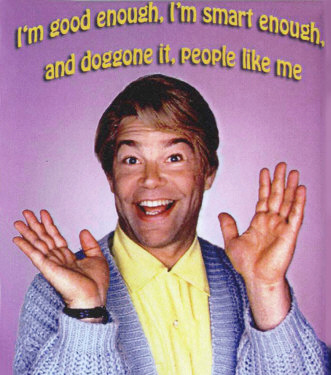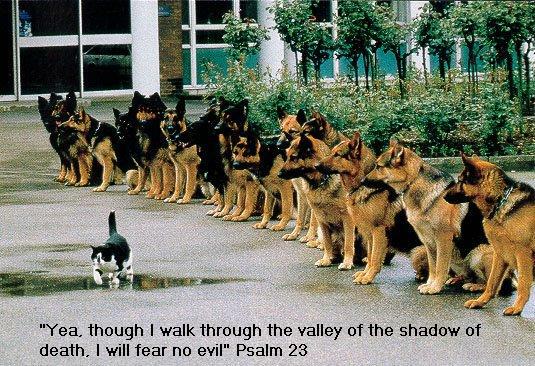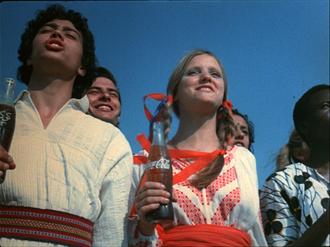
One of many things that would kill me faster than my slow growing cancer is adopting the mindset of positive thinking. It is so against my nature. I’m sure this makes me sound like a curmudgeon. But why? The opposite of positive thinking isn’t negative thinking; it’s realistic thinking.
I woke up the day after my diagnosis and began thinking hard about these realities: My cancer could spread. I could live, I could die. My doctors might make mistakes. My activities might be limited. My finances might be impacted. And of course, there was the realistic hell of finding out that I had no insurance.
I didn’t spend much time wishing away these circumstances. Instead, fully absorbing the reality of these putrid situations helped me stratagize and meet my needs. It encouraged me to research like mad, and turn this bundle of research into resources for other cancer patients to use. Spending sometime staring at these scary realities has helped me feel my feelings instead of bottling them up. It has allowed me to live fully with ‘what is’, which has made a lot of room for both sadness and joy.
I deeply want positive outcomes in my life, but I don’t believe that thinking positively about them will make them manifest. Instead I believe that positive health outcomes occur by using smart science, making the best rational decisions possible, encouraging good public health policy, having enough money, support, or resources, and being on the right side of medical mysteries for which there are explanations that we have yet to discover.
Do I have times when I think positive thoughts? Yes. There are many instances where I am encouraged by the world around me and by the direction of my own life. But as a mantra or a mind set – no thanks. If someone could prove with solid evidence that thinking good thoughts would change the course of my life, my cancer, or my treatment for the better – would I become a positive thinker? Show me the proof and I’ll get back to you on that one.
I was recently interviewed in a slide show feature by Lori Hope called When Positive Thinking Isn’t Working, Get Real, along side Barbara Ehrenreich and Dr. Jerome Groopman and others. I loved seeing realistic thinking addressed as a valid and practical tool to help cancer patients cope with the emotional and practical side of living with this disease. It’s a must read.
Do you consider yourself a positive thinker, a realistic thinker? What does that mean to you? If you are not big into positive thinking - how do other people respond to that?
For more cancer conversations about realistic thinking, check out Everything Changes: The Insider’s Guide to Cancer in Your 20s and 30s.
![]()
![]()


 “Everything Changes is, without doubt, the most forthright, emotionally sophisticated, and plain-old valuable book of its kind I've seen.”
“Everything Changes is, without doubt, the most forthright, emotionally sophisticated, and plain-old valuable book of its kind I've seen.”












